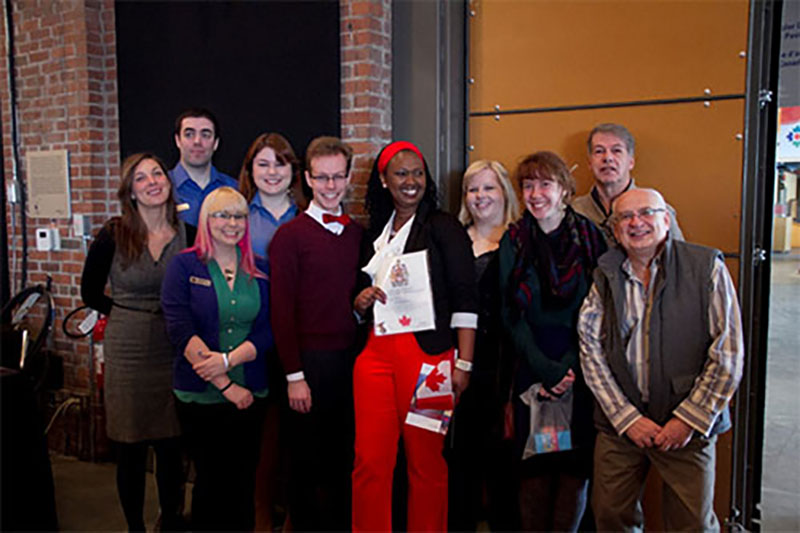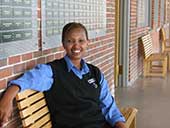For generations, families have arrived as immigrants to Canada. This journey leads to major changes in people's lives. So, what does the journey entail? The journey not only involves the physical movement of coming over by ship or plane, but also the process of preparing for your trip and saying goodbye to your family. Sometimes people immigrate without any hope of returning to their country of origin, leaving their entire immediate family behind.
Adapting to a new home society and all the changes they have to face while transplanting their way of life requires a lot of courage. Immigrants cannot go through a long process like this alone.
As an immigrant woman who received tremendous help after I came to Canada, in this blog, I would like to talk about the friends and family who shared their time with me by helping me to adjust to the social and cultural setting here in Canada, and, perhaps most importantly, fostered a sense of community.
Since day one of my arrival in Canada, I have been lucky enough to have a group of friends who provided me with a tremendous amount of support. My husband, who immigrated to Canada 8 years before I did, made many friends who also became my friends. They took on the difficult job of making sure that I did not feel frustrated, confused, or disappointed. The more conversations I had with them, the more I felt confident in my English language skills. They gave me all the tools I needed to make the transition from my homeland. Since then, we’ve called each other brothers and sisters. When my kids were born, I introduced them to my children as our family. My kids now call them Aunt or Uncle.
As time passes, children grow up and they start to have questions about their identity. One day, my 11-year-old son asked me this question: “Mom, how many aunties and uncles do I have?"
I replied: “You have five aunties and two uncles on your mum’s side plus fives aunties and uncles on your dad’s side.” He was curious to find out the difference between his immediate family and his family’s friends.
He said, “So mum, this such aunt is not real aunt?” I said, “My son, when I moved to Canada, I left my immediate family behind. Upon my arrival, I was looking to make new friends. The people you call aunties and uncles are the one who helped me to get over my loneliness. They called and asked me about how I was doing. They gave me attention I need during that stressful time. When you were born, they were the ones who helped us to prepare everything we needed. They stepped in when I was not feeling well and I was unable to look after you. You are so lucky to be part of this big family made up of people from all different nations and cultures. You have Aunties and Uncles from the African Continent and the Americas. Isn’t that wonderful!”
Just recently, the Canadian Museum of Immigration at Pier 21 presented Family Bonds and Belonging, a temporary exhibition honoring and interpreting the many ideas of family: families by choice, by association, and by place. This exhibition was eye opening for me and allowed me to reflect on whom I consider as family in Canada.
For me, family is not just my mother, my father, and biological siblings. Family is also a friend who asks for your news and waits for the answer. Family is a group of people who share laughter, sadness, tragedy, victory, loss, regret, happiness, and success together.

